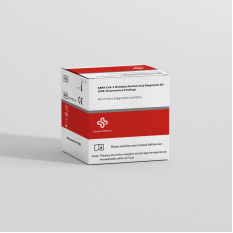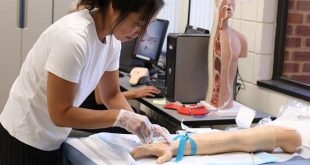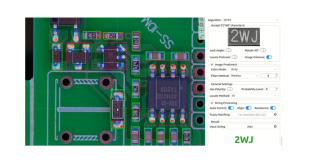In the Democratic Republic of the Congo, a public health laboratory dealt with an epidemic of a novel respiratory virus acquired from monkeys. The monkeypox virus, the origin of this new respiratory illness known as “monkeypox,” can spread to humans through contact with infected animals or bodily fluids.
How does monkeypox spread?
Monkeypox is a fatal virus that spreads through contact with an infected person’s saliva, mucous, or blood. Monkeypox has no specific treatment; up to 80% of cases result in death. Therefore, it is crucial to take precautions to avoid contracting the illness because it is highly contagious, and there is no vaccine.
Suggestions for preventing monkeypox
The monkeypox virus is the source of the deadly viral disease known as monkeypox. It can result in serious symptoms like pneumonia, rash, and fever. Monkeypox is now incurable. Thus prevention is essential. Here are some recommendations for avoiding monkeypox:
-Regularly wash your hands with soap and water.
-Avoid being near sick or monkeypox-exposed animals.
-Avoid locations where exposure to monkeypox is possible.
-Inform your doctor if you experience any monkeypox symptoms, such as fever, rash, or pneumonia.
Getting a precise diagnosis is one of the most critical ways to protect yourself. You can determine if you have monkeypox with Sansure Monkeypox nucleic acid diagnostic kits. The polymerase chain reaction (PCR) assay can identify monkeypox DNA in tissue based on its precision and sensitivity.
Conclusion
The World Health Organization cautions that a monkeypox outbreak is a scary thing. What, then, can you do to safeguard yourself? It’s crucial to remember that the most crucial thing is to avoid any areas where relevant incidents have occurred. Please obtain official testing, such as Sansure monkeypox nucleic acid diagnostic kits, if you suspect you may be infected to determine your health status and take precautions.
 Jobsearchdone.com Top News Share Website
Jobsearchdone.com Top News Share Website




